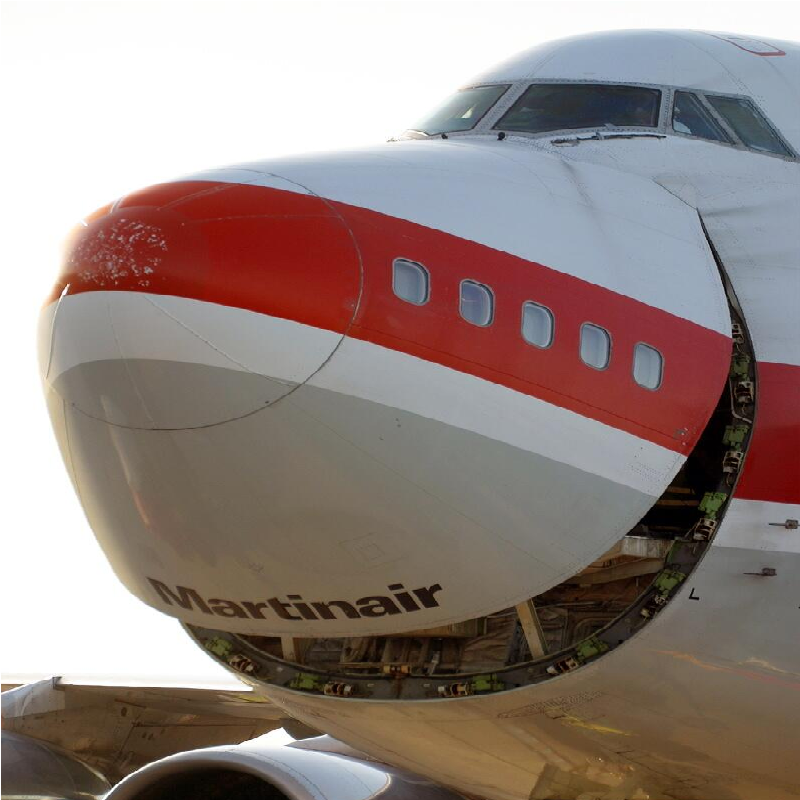Ringworld.
Terraforming other planets would be astronomically more challenging than fixing our own planet and we don’t seem to be able to get our shit together to do that. Even if we are capable of terraforming other planets, it would take many centuries at minimum. O’Neal cylinders are far more likely to work once we start industrializing the moon.
Actually, both.
Fix our own planet first
Men will do anything other than go to therapy.
Bonkers question. Can’t even figure out living on Earth sustainably and you want to talk about doing it without gravity, an atmosphere or an ionosphere?
Both! All three!
Is this sub-populated mostly by Facebook people? Some of the answers really feel like it.
All these answers are so killjoy and boring. Like yeah we should strive to make our own planet better, but why not also do this? Building habitats on other worlds doesn’t prevent us from caring for this one.
Plus maybe trying to make a liveable environment in space can give us new insights in preserving the one at home. Like how solar panels have come from space exploration.
Why would people want to focus more on things we can actually do right now and would improve our lives instead of completely unfeasible pipe dreams? I don’t understand.
Genetically modify ourselves so that we can live both in zero gravity (and maybe survive short exposure to vacuum) and on other planets.
Huge sci-fi lover here. But at the same time, colonization of space for humans is possibly impossible without avatars. The human body evolved here, and it’s a vessel that works here the best. To colonize other worlds, it’s more economically viable to send machines, create biologically synthesized new species (taking dna from local species there), and then transfer consciousness to them. Similar with Avatar, but without having to have the spaceships arrive in the planet full of humans. Humans remain on earth, and they project their consciousness somewhere else, in an instant due to entanglement.
Both.
If we can do B, A doesn’t provide many benefits.
A 1km diameter, 30km cylinder would provide enough area to feed ~140k people. 95km^2 of space.
That is assuming no imported food etc, based on 7000m^2 per person which is almost 2 acres each.
140k people is a small city.
Habitats are risky and not as good as planets imo. It would be trivially simply to sabotage one and kill everyone inside. Just vent atmo into space, poison the air/water, and even a accidental fire could kill everyone who doesnt manage to flee… Planets not so easy. Some of the same attacks work but u can just walk elsewhere.
plus in a habitat your not really thinking of psychological effects. Its been shown for example that humans needs to see big bodies of water regularly to not get stressed out. So youd need to devote significant space onboard to just that. Plus imagine never seeing the mountains again, or a sunset, or the ocean. The earth is intrinsically linked to our evolution and many of its features are far too big to have on a habitat. I mean not to mention all the microbiomes we interact with unknowingly on earth all the time.
While habitats might be an ok solution for some people there are definitely things we will always need a planet for and imo a planet will always be superior in quality of life.
140k people is about the amount of people living in a 1km radius around you, if you live in some inner city area.
You could have most people in a relatively small area with the rest for farming.
There would be little need for the equivalent of roads, almost all travel would be walk or bike. The longest distance between two points is less than 34km. If the main settlement is in a ring around the middle of the cylinder, it is less than 17km to any point.
THE YEAR IS UNIVERSAL CENTURY 0079
Why? Nice planet we’ve got here, we could focus on preventing it becoming inhabitable due to climate change instead.
I’m not convinced that suspending space programs would create solutions to climate change.
No matter what you do the Earth won’t stay habitable forever. So we either learn to expand out into space as a species or face extinction eventually. Not to mention putting all our eggs in one basket is a terrible idea. Any cosmological event could wipe out the Earth at any time. The question is are you okay with our entire species going with it?
There needs to be a backup, ideally multiple.
If we can’t manage to keep Earth’s ecosystem thriving to support us, we certainly won’t be able to create a new self-sustaining ecosystem elsewhere. And without that, there’s no chance of any non-Earth settlement being able to sustain a healthy human society and culture long-term.
Without some serious (currently impossible) terraforming, Mars colonies are limited to deep caves or heavily shielded buildings, no outside to relax, nowhere else to go. Have a look at the list of crimes in Antarctica, a similar situation where people are stuck together, that’s not a good environment for mental health, and it will be worse farther away. A Mars colony (edit: or space station) owned by a private company will be a corporate prison, the inhabitants are 100% dependent on that company - who would voluntarily put their lives into the hands of the whims of some narcissistic hoarder with no empathy or regard for workers?
If we can’t manage to keep Earth’s ecosystem thriving to support us, we certainly won’t be able to create a new self-sustaining ecosystem elsewhere. And without that, there’s no chance of any non-Earth settlement being able to sustain a healthy human society and culture long-term.
I’m unconvinced that pulling back from space programs will make Earth’s ecosystem thrive.
A Mars colony (edit: or space station) owned by a private company will be a corporate prison, the inhabitants are 100% dependent on that company - who would voluntarily put their lives into the hands of the whims of some narcissistic hoarder with no empathy or regard for workers?
Agreed. That would be a super-weird concept, like a country owned by a private corporation.







